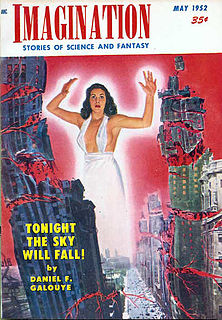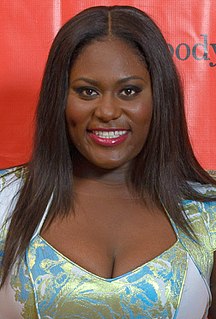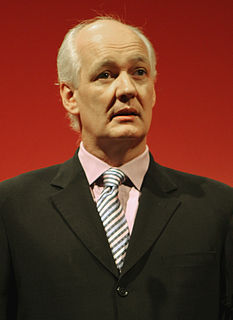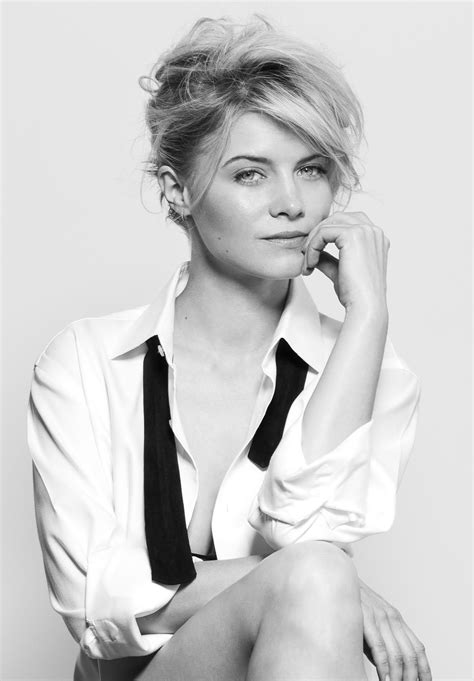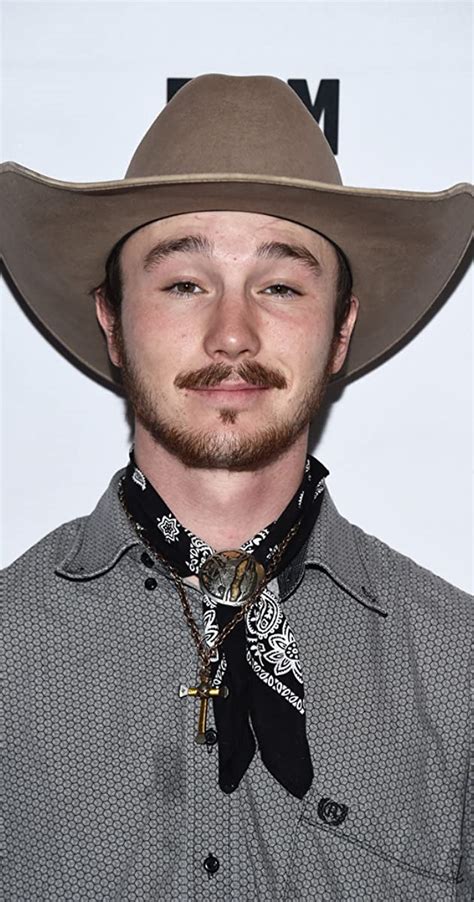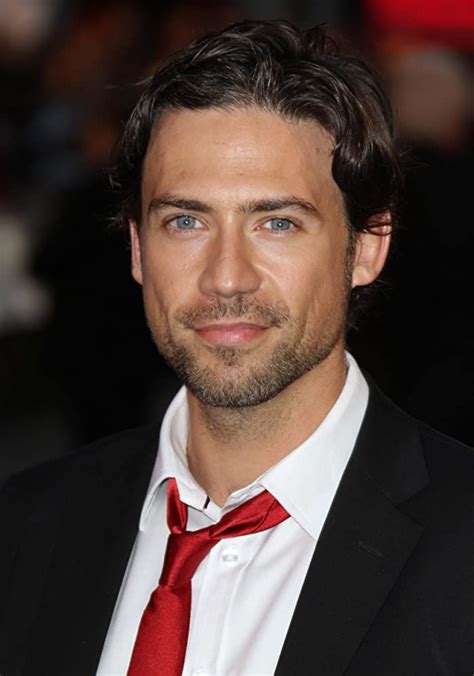A Quote by Robert Sheckley
The British audience was very important to me. I have always looked away from American to non-American audiences and so this was important.
Related Quotes
Muslims naturally saw Christendom as their arch rival. One point that is really important to bear in mind, particularly in addressing an American audience, and that is that the Islamic world has a very strong sense of history. In the Muslim world, history is important and their knowledge of history is not always accurate but is very detailed. There is a strong historical sense in the Muslim world, a feeling for the history of Islam from the time of the Prophet until the present day.
That's very, very important to me, to give another narrative. And Netflix has not been afraid of doing that, as we see from the plethora of shows that they have, from British shows to American shows like 'Master of None,' which I've been very grateful to be on, too. Just giving platforms to people who haven't seen themselves on TV.
You see the one thing I've always maintained is that I'm an American Indian. I'm not a Native American. I'm not politically correct. Everyone who's born in the Western Hemisphere is a Native American. We are all Native Americans. And if you notice, I put American before my ethnicity. I'm not a hyphenated African-American or Irish-American or Jewish-American or Mexican-American.
I think I've actually benefited from Australia being a kind of combination of both British and American culture. We kind of got the best of both British and American television and books, science fiction and fantasy, and so on. So I'm familiar with a lot of, for example, American books and television that a British author of my generation might not be.
I am honored to have Ajamu Baraka as a running mate. I think he brings enormous credibility in the disenfranchised communities, not just African American but Latino, Asian American and Native American. He is a recognized advocate for racial justice, economic justice and human rights, and I think this conversation is only just begun. It is very important.
